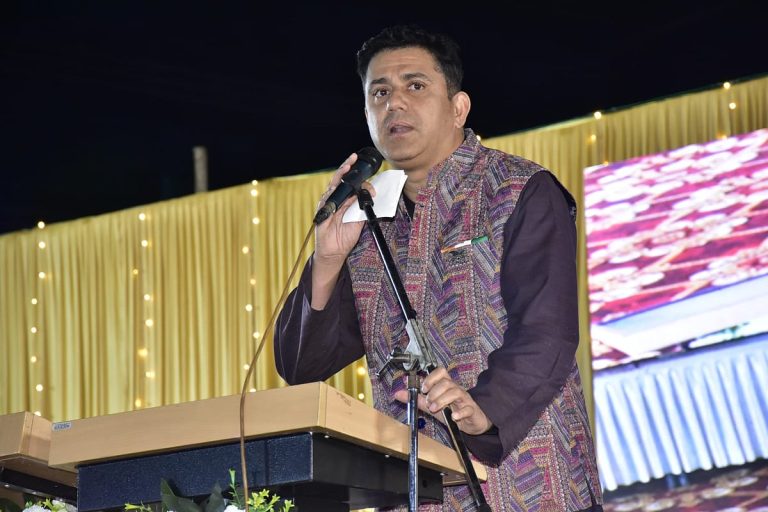Man Ordered to Repay Dh58,000 in Fraud Ruling
A recent ruling by the Abu Dhabi Civil Family Court has mandated a man to return Dh58,868 to a woman after he was found guilty of fraud. The court also imposed an additional Dh5,000 in compensation for the emotional distress caused, along with covering all associated court fees.
Case Background
The woman initiated legal action against the man, alleging that he deceitfully acquired her funds amounting to Dh58,868. In her lawsuit, she sought not only the return of her money but also Dh30,000 in compensation for the financial and emotional distress she experienced, as well as reimbursement for her legal expenses.
Following her complaint to the relevant authorities, the man was convicted of fraud. Although he attempted to appeal the decision, the Court of Appeal upheld the original ruling. The appeal process confirmed his deportation and required him to pay all court fees, making the judgment final and enforceable.
FAQs
What was the basis of the court’s decision?
The court found the defendant guilty of fraud after the woman presented sufficient evidence that he had unlawfully taken her money.
Can the defendant appeal the ruling again?
No, the Court of Appeal has upheld the ruling, making it final and enforceable, which means the defendant cannot appeal further.
What are the next steps for the woman?
The woman can now proceed to collect the ordered amount and compensation, as the ruling is enforceable.
Conclusion
The court’s decision underscores the seriousness of fraud and the legal recourse available to victims. With the ruling now final, the woman can expect to receive her funds and compensation, while the defendant faces deportation and financial penalties.
Fraud cases in the UAE have been on the rise, prompting authorities to take a stringent approach to such offenses. The legal framework in the country provides victims with avenues to seek redress, and courts often impose significant penalties on those found guilty. This particular case highlights the judiciary’s commitment to protecting individuals from financial exploitation and ensuring that justice is served. The ruling not only serves as a warning to potential offenders but also reassures victims that they can pursue legal action and receive compensation for their losses.
The Abu Dhabi Civil Family Court’s decision reflects the broader legal principles that govern fraud cases in the UAE. Under the law, fraud is defined as the act of deceiving someone for personal gain, and it can encompass a wide range of activities, from financial scams to misrepresentation in business dealings. The court’s ruling in this instance emphasizes the importance of evidence in fraud cases, as the woman’s ability to substantiate her claims played a crucial role in the outcome. Legal experts often advise victims to gather as much documentation as possible when pursuing such cases, as this can significantly influence the court’s decision.
In addition to the immediate financial implications for the defendant, the ruling may also have long-term consequences for his future in the UAE. Deportation following a conviction for fraud can affect an individual’s ability to return to the country or seek employment in the region. The UAE has strict immigration laws, and a criminal record can hinder one’s prospects of obtaining a visa or residency in the future. This case serves as a reminder of the potential repercussions of engaging in fraudulent activities, not only from a legal standpoint but also in terms of personal and professional ramifications.
As the woman prepares to collect her awarded amount, she may also consider the emotional toll that the ordeal has taken on her. Legal battles can be stressful and time-consuming, often leaving victims feeling vulnerable and anxious. The court’s decision to award compensation for emotional distress acknowledges the psychological impact that fraud can have on individuals. It underscores the importance of addressing not just the financial losses but also the emotional and psychological effects that such experiences can inflict on victims. This holistic approach to justice aims to provide comprehensive support to those who have suffered from fraudulent acts.
Also Read:
Antidepressant Side Effects: Insights from UAE Experts






